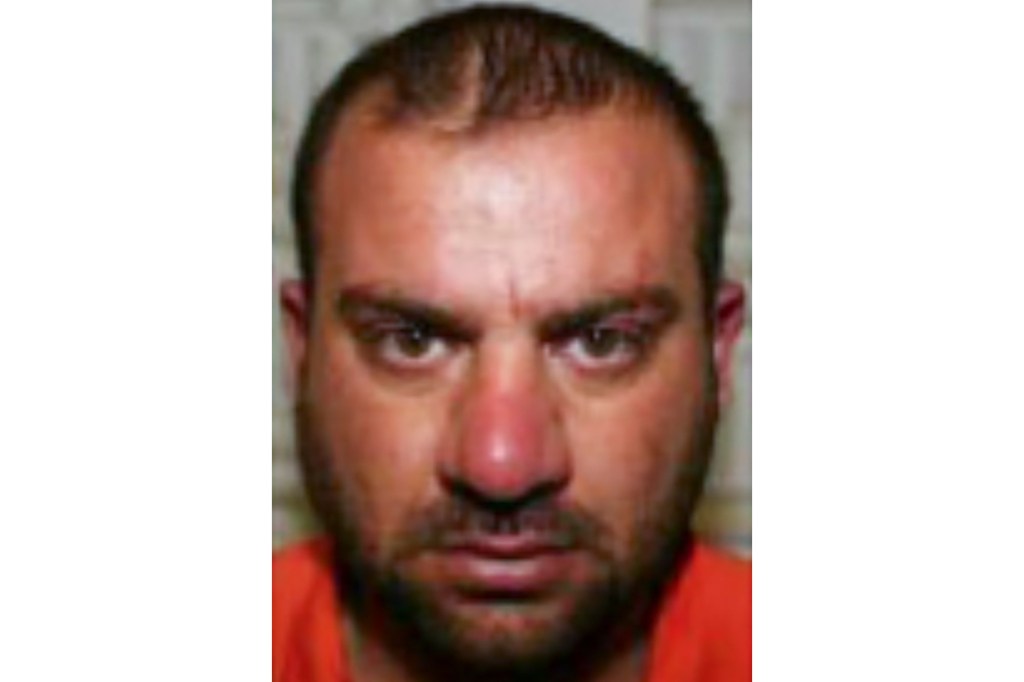The Islamic State group is finally being flushed out of Iraq, thanks in part to a loose coalition of armed militias that fought beside Iraqi Prime Minister Haider Al-Abadi’s forces.
But after tough military gains on the battlefield, Iraq faces a new problem: No one knows what those militias will do when they no longer have ISIS to fight.
Videos by VICE
“As long as the militias’ interests align with Abadi’s, everything is fine,” Belkis Wille, senior Iraq researcher for Human Rights Watch, told VICE News. “But where they diverge, that’s when we might see significant instability — and situations where civilians are more likely to be targeted with impunity.”
The U.S. is hoping Abadi is the man to unite a deeply fractured Iraq, but questions remain about his ability to control the militias, a senior U.S. official told VICE News.
The group known as the Popular Mobilization Forces (PMF), or Hashed al-Shaabi, is cause for serious concern, the senior U.S. official said. Formed in 2014 out of some 40, primarily Shia, militia groups, the PMF played a pivotal role in the fight against ISIS. But the formidable military force is also commonly linked to Iran, and doesn’t necessarily share the same long-term interests as Abadi or the U.S.
“The big concern that we have with regard to the Hashed al-Shaabi are those parts of the Hashed that may not be fully responsive to the orders of the prime minister,” the senior U.S. official said, on condition of anonymity in order to speak more freely.
Not having control of the militias could prove disastrous, particularly if rival military forces start fighting each other to stake claims in a country still shaking off ISIS.
“There should not be potentially rival military forces inside the country,” the U.S. official said. “The history of rival armed forces in Iraq, certainly since 2003, has not been a good one.”
The U.S. is all too aware of the disasters that come with an unstable Iraq. And its decision not to interfere in Baghdad’s recent tug of war with the Kurds, a traditional U.S. ally, analysts said, signaled Washington’s belief that Abadi’s the best option to stabilize the war-torn country.
“There’s been a realization in Washington that Abadi is the leader best positioned to rebuild the Iraqi state after the collapse of ISIS,” said Renad Mansour, a research fellow with Chatham House’s Middle East and North Africa program.
The senior U.S. official said Abadi has pledged to bring the militias under Baghdad’s control himself.
“The question is going to be how will he go about implementing that,” the official said.
The militias are composed of three distinct factions, according to a recent analysis by the Carnegie Middle East Center: one allied with Iran’s Supreme Leader, Ayatollah Ali Khamenei; and those aligned with powerful Iraqi clerics Ayatollah Ali al-Sistani and Muqtada al-Sadr.
It’s the PMF’s links to Iran that most alarm lawmakers in Washington, but the report cautioned against treating the group as monolithic. The forces loyal to Sadr, for example, actually represent “the only strong anti-Iran faction” in Iraq, according to Ranj Alaaldin, visiting fellow at Brookings Institution Doha.
And attempts by the U.S. to clamp down on the militias as a power play against Iran could backfire, some analysts warn.
“Anti-Iranian ‘rollback’ no doubt has a certain rhetorical appeal to the Trump administration,” Perry Cammack and Daniel Benaim wrote in a separate analysis for Carnegie. But the strategy could both destabilize Iraq and provoke Iran, they said.
“Zero-sum swagger invites an Iranian escalation and risks unraveling the fragile political progress of recent months,” they wrote.
In the wake of Baghdad’s successful campaign against the Kurds, U.S. Secretary of State Rex Tillerson called on the militias to “go home,” the latest indication U.S. officials are getting worried about Iran’s sway in the country. But Abadi pushed back against America’s top diplomat, saying the militias are “the hope of country and the region,” and rejecting accusations that the groups are a proxy for Iran.
For now, Abadi has a big incentive to defend the militias against U.S. demands: They offer a potent addition to Baghdad’s military power. Just look at their success against both ISIS and the Kurds, Mansour said.
“Without the PMF,” he contends, “I don’t think the Kurds or others would be worried about Iraqi forces, because they’re so depleted and weak.”




